Denver’s Office Market Slow but With Bright Spots
Here's how the metro is performing relative to its peers, according to the latest CommercialEdge data.
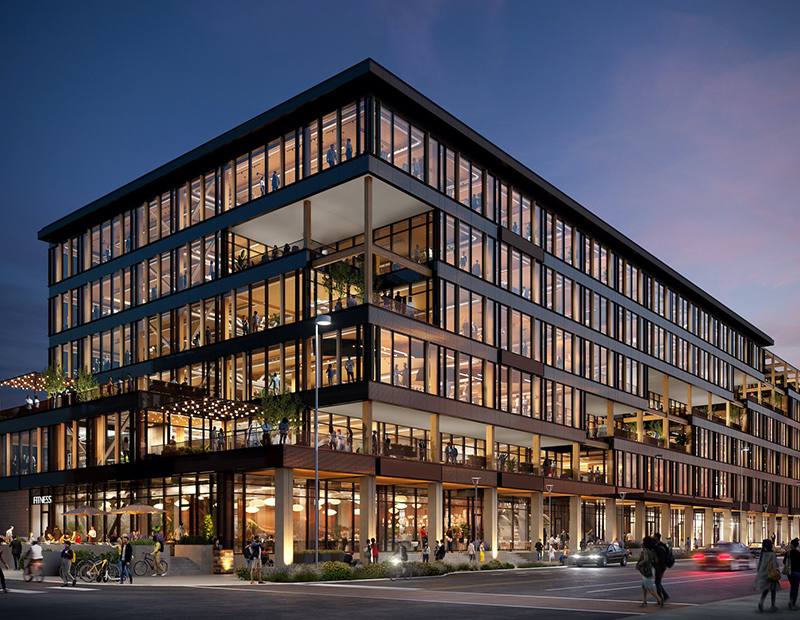
Denver’s office market has continued to slowdown throughout 2023, as both construction starts and completions have significantly decreased from the previous year, CommercialEdge data shows. Furthermore, no new development activity has been registered in the metro as of January. Transactions also declined with per-square-foot prices contracting year-over-year, but still holding well above the national average.
The metro’s vacancy rate ranked among the highest in the U.S., considerably above the national average. However, there were a number of sizeable leasing deals recorded last year, through both new tenants as well as renewals and expansions.
Development activity drops
As of January, there were more than 2.4 million of square feet of office space under construction in Denver across 13 properties. The pipeline accounted for 1.3 percent of total stock, slightly below the national rate of 1.6 percent. The metro considerably outpaced many of its peers including Salt Lake City (0.1 percent), Portland (0.5 percent) and Phoenix (0.6 percent) and was on par with Atlanta (1.4 percent).
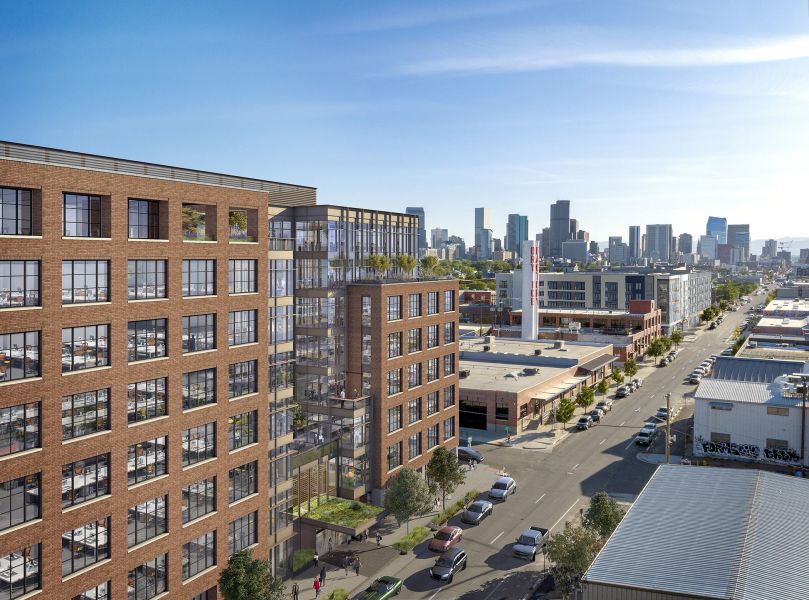
One of the largest developments underway is Paradigm River North, a 200,000-square-foot building developed by a joint venture of Jordon Perlmutter & Co. and Rockefeller Group. Also known as 3400 Walnut St., the project broke ground in 2022 and is taking shape in the city’s River North Arts District.
Throughout all of 2023, developers broke ground on eight properties totaling 932,255 square feet. The pipeline considerably decreased from the previous year, when despite construction starting on only six projects, they amounted to 1.6 million square feet.
A significant development that started construction in 2023 was Schnitzer West and Brue Baukol Capital Partners’ 201 Filmore, a 140,000-square-foot office and retail building in the Cherry Creek submarket. The project expects completion in 2025’s third quarter and aims for LEED Gold certification.
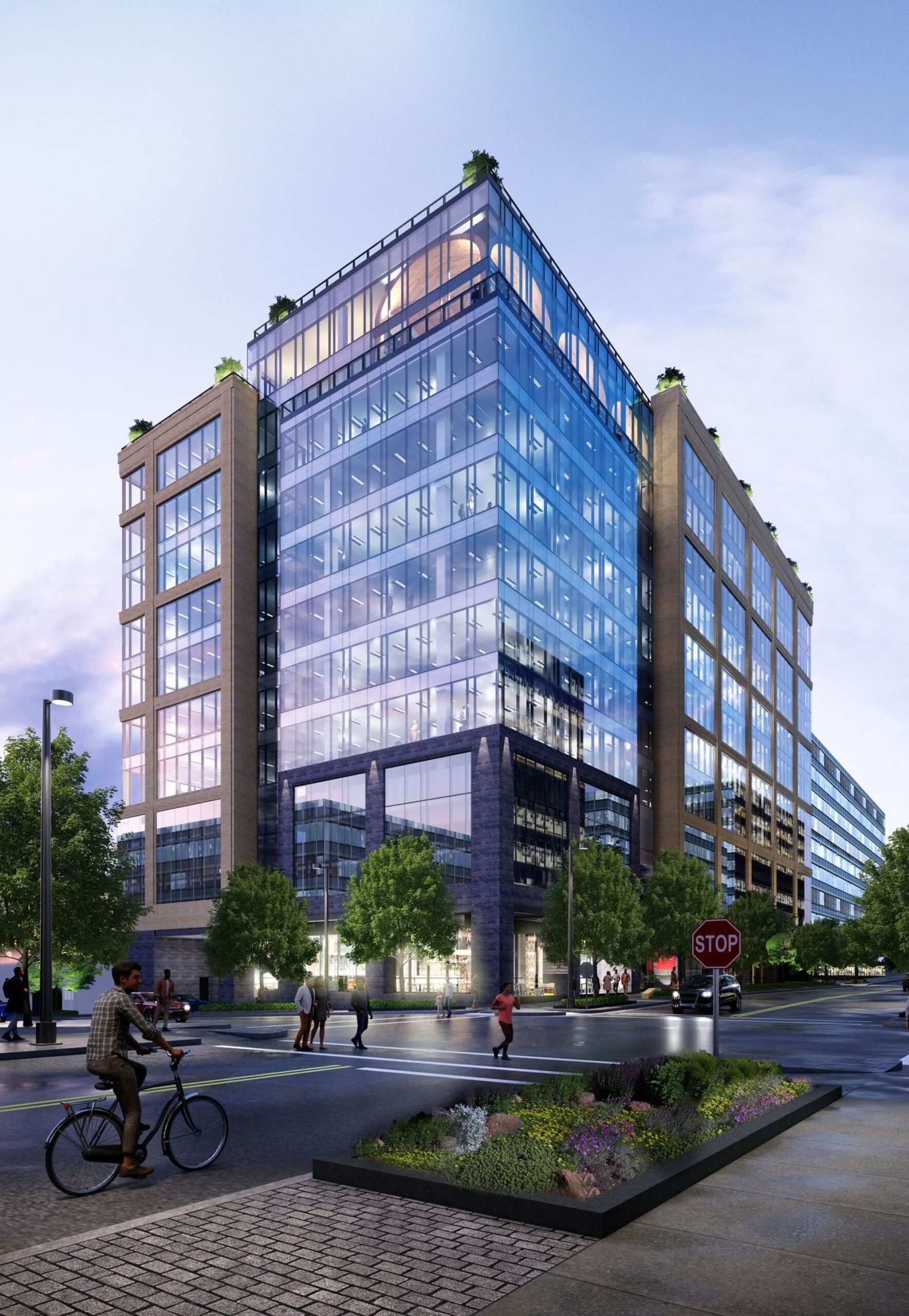
Last year, nine properties came online in the Denver office market totaling more than 1.1 million square feet, which accounts for 0.6 percent of total stock, slightly below the national delivery rate of 0.8 percent. Completions mark a significant drop from the previous year when almost double the space was delivered at 2 million square feet.
In terms of delivered volume, Denver surpassed some of its peers such as Salt Lake City (383,430 square feet) and Portland (315,714 square feet), but considerably lagged other comparably sized markets including Atlanta (2 million square feet) and Austin (2.8 million square feet).
One of the largest properties to come online in 2023 was The Current, a 240,000-square-foot building developed by Schnitzer West. The project was supported by a $77 million construction loan from Otera Capital, maturing this year.
Denver investments almost halve
As the year kicked off, two office properties traded in January totaling 251,368 square feet for a combined $32 million. Throughout 2023, some 4.8 million square feet changed hands in the Denver office market for a total of slightly above $1 billion. These figures represent a considerable drop from 2022 numbers, when nearly 9.4 million square feet traded for a total investment volume of more than $2.8 billion.
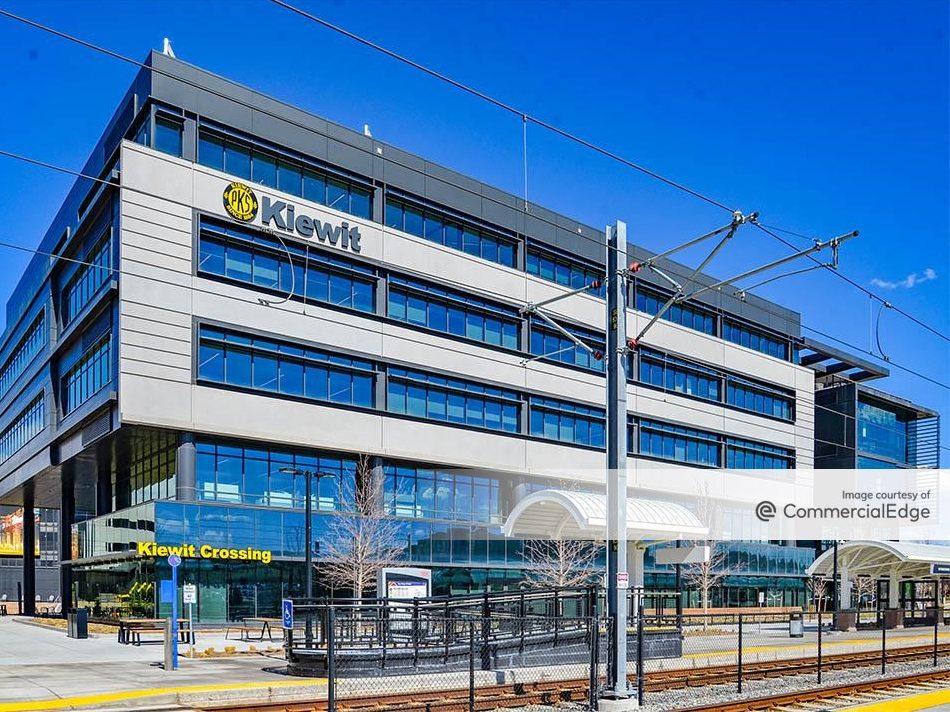
Consequently, prices also decreased with the average price per square foot being registered at $243 in 2023, an 18.7 percent drop from the previous year’s figure. The Denver office market was however more expensive than the national average of $192 and surpassed many of its peers including Atlanta ($145), Salt Lake City ($165), Phoenix ($180) and Portland ($192).
One of the largest transactions recorded in 2023 in Denver was Benderson Development and CGA Capital’s $205.2 million acquisition of a nearly 400,000-square-foot campus in a sale-leaseback deal. Kiewit Corp. sold the asset at $520.8 per square foot and will continue to occupy space at the property under a 20-year lease.
Vacancy rates soar in Denver’s office market
As of January, the vacancy rate in Denver stood at 22.2 percent, marking a 3.9 percent year-over-year increase. The metro registered one of the highest vacancy rates in the U.S. and was considerably above the national rate of 17.8 percent. It was nearly on par with Austin (22.0 percent), but fared worse than many of its peers including Dallas (19.7 percent), Phoenix (18.6 percent) and Atlanta (17.8 percent).
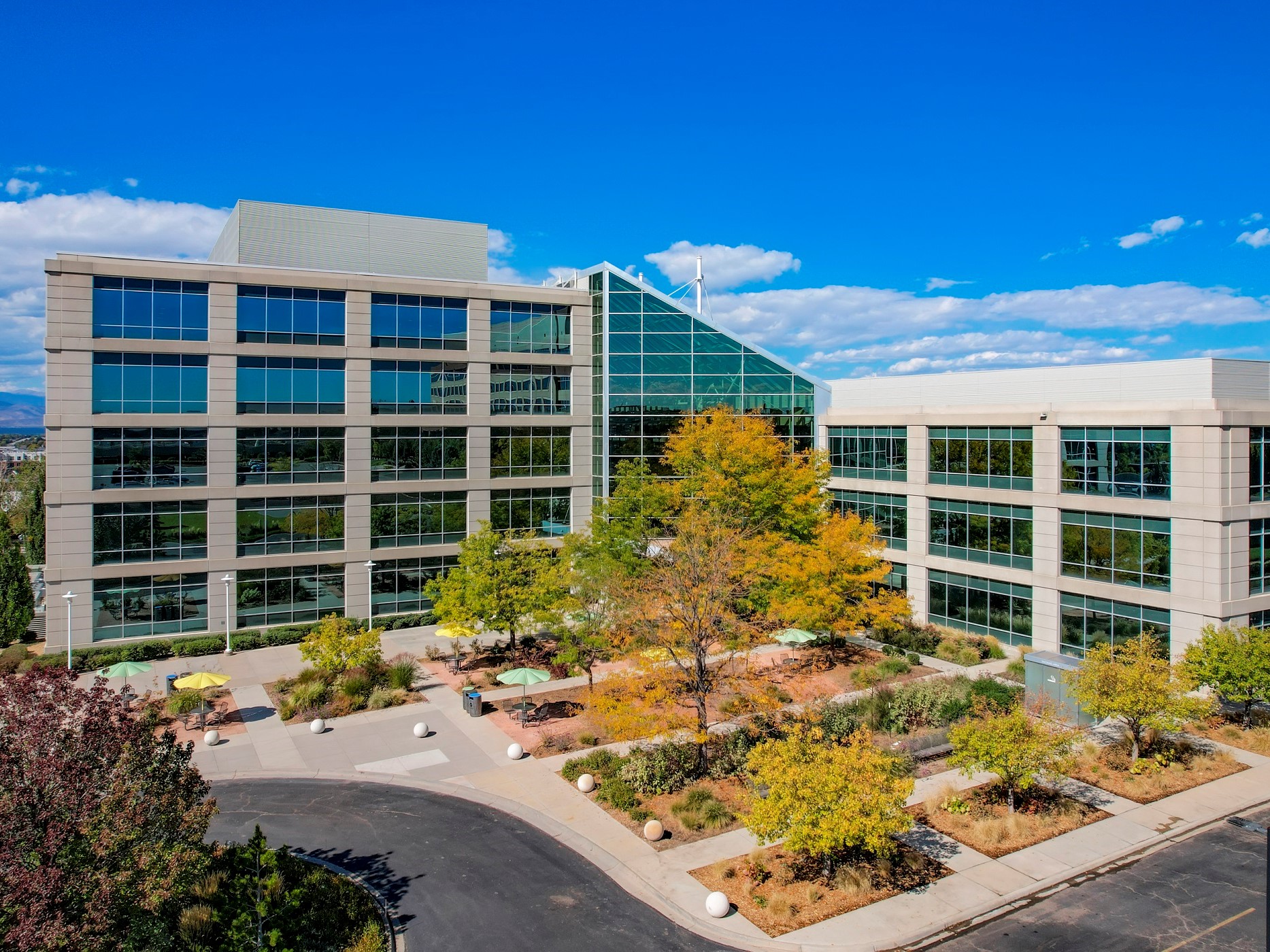
One of the most significant leasing deals registered in Denver throughout 2023 was Xcel Energy-Colorado taking more than 220,000 square feet at T3 RiNo, a brand-new mass timber building in the River North Arts District, the firm becoming the largest office tenant in the submarket. The property was developed by a joint venture of Ivanhoé Cambridge, Hines and McCaffery.
Kaiser Permanente also renewed its nearly 121,000-square-foot lease at the Greenwood Plaza where it has been occupying space since 2013. The landlord, Franklin Street Properties, was represented by Cushman & Wakefield, while JLL brokered the deal on behalf of the tenant.
Denver has a high share of flexible office space
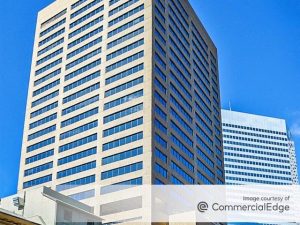
As of January, there were 3.3 million square feet of flexible office space in Denver, accounting for 2.0 percent of total stock. The proportion of shared space in the metro was above the national average of 1.7 percent, but slightly below the ones recorded in some of its peers like Atlanta (2.1 percent) and Salt Lake City (2.2 percent).
The largest coworking space operator in Denver was Regus, with more than 550,000 square feet across 29 properties. WeWork also commanded a sizeable footprint of 343,800 square feet in six locations. Recently, Coalition Space also entered the metro, taking 16,000 square feet at a Westport Capital Partners-owned building located downtown.







You must be logged in to post a comment.